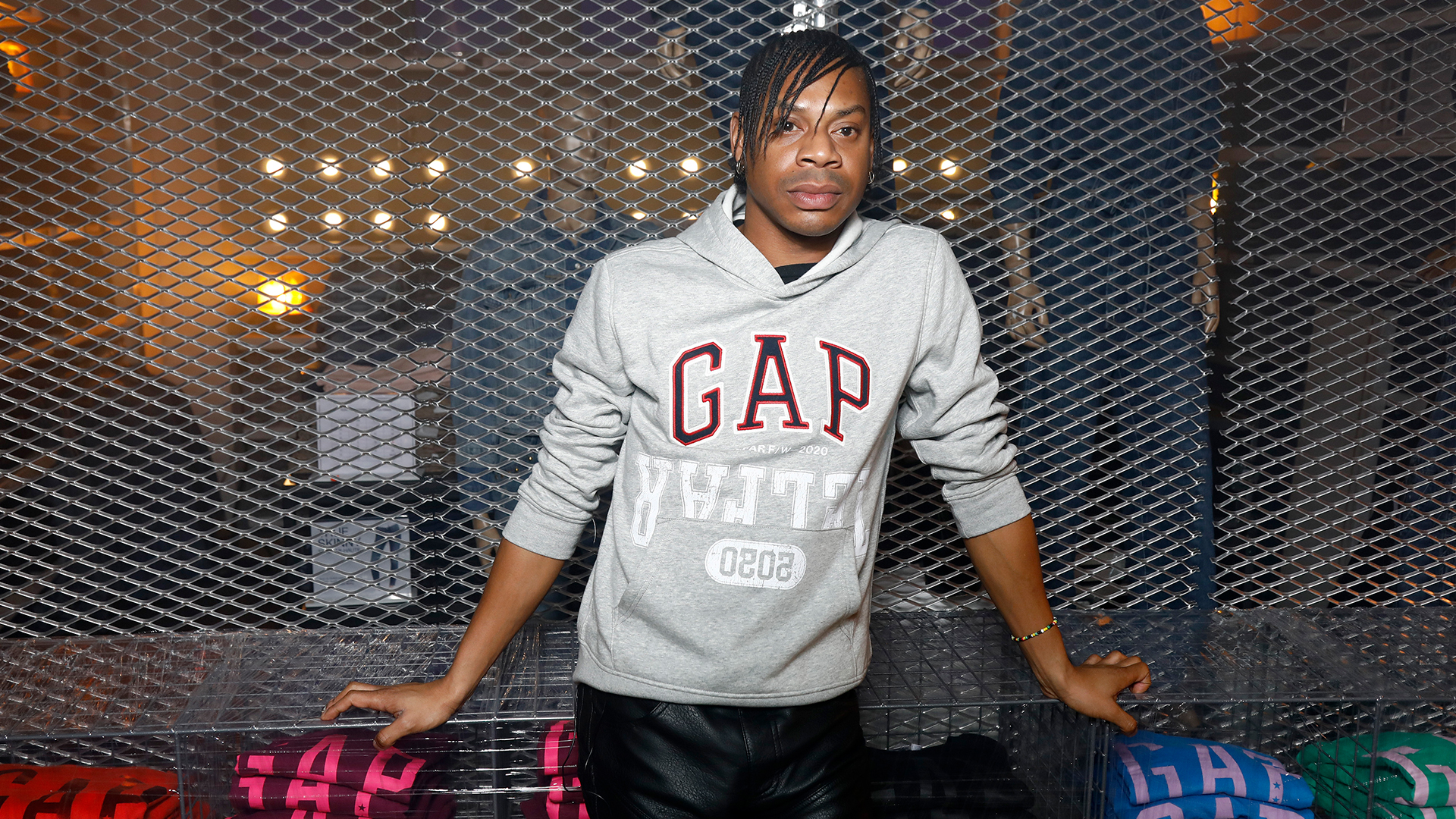When it comes to Black luxury brands, names like Telfar, Brandon Blackwood, Hanifa and select others immediately come to mind. In recent years, the emergence of major power players in the world of luxury in everything from handbags to clothing have put Black designers in a lane that was once closed to them. Breaking out of urban wear and betting on the buying power of Black women, brands founded by us are on the rise. And with a renewed sense of intention about where we spend our hard-earned cash, Black-owned brands have had meteoritic success causing them to work hard to keep up with demand. Many designer have had to remind consumers that small businesses, especially those run by Black people, do not have the resources that many bigger brands have; therefore, important shifts are often made to keep the lights on.
Most recently, Telfar Clemons, of the popular bag and accessory brand Telfar came under criticism after releasing its new circle bag with a much heftier price tag than their other designs. The appeal of the brand, to this point, has been the expensive look and feel of their bags—-made of vegan leather—at the reasonable price point that ranges from $150-$257. In February during New York Fashion Week, Telfar unveiled the round circle bag that retails at $567, much to the dismay of some of the brand’s supporters. Though the bag has visible differences than others in the collection, people still found the drastic change in the price to be jarring. But there were also many supporters who felt the criticism was unjust and that the energy would not be the same for any other luxury brands.
The designer sat down with The Breakfast Club and shared his thoughts on the controversy. “If you consider me a designer, luxury brand— there’s designer bags way more expensive than this and nobody’s saying anything about this,” he said. “Also two, I think people that two, don’t know about the brand and think that I’m raising the price of the regular shopping bag, which I priced that specifically based on what I was making as a DJ at night. Like $120 bucks was what I got for DJing an hour set and I know I could have afforded that if I did three gigs that night or week.” Telfar also took the time to address the ongoing issue of supply—-as the bags often sell out before customers can get their hands on them—-and admitted that there’s still a curve in terms of having enough of their best-selling product. “We do make enough bags, but it’s just increasingly more people that want to get a bag and there’s always more people than the bags that we make. We dropped thousands of bags each time that we dropped a bag.”
Later on in the interview, he praised the customers that have supported his vision. “I’m not a regular fashion brand if anything it’s the community that made this brand what it is, it’s really important to nurture that,” he said. It’s nice to see a Black designer standing up for not only the credibility of his brand but also his right to demand what he’s worth.
